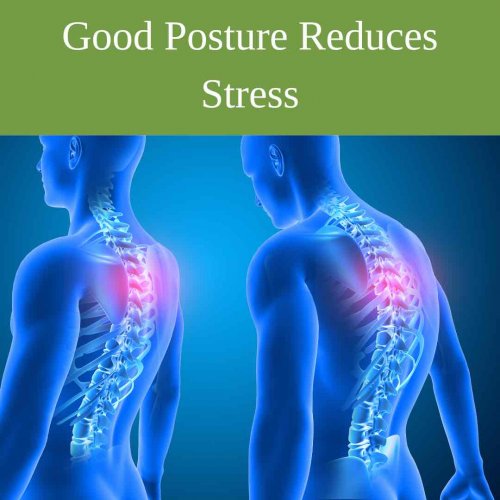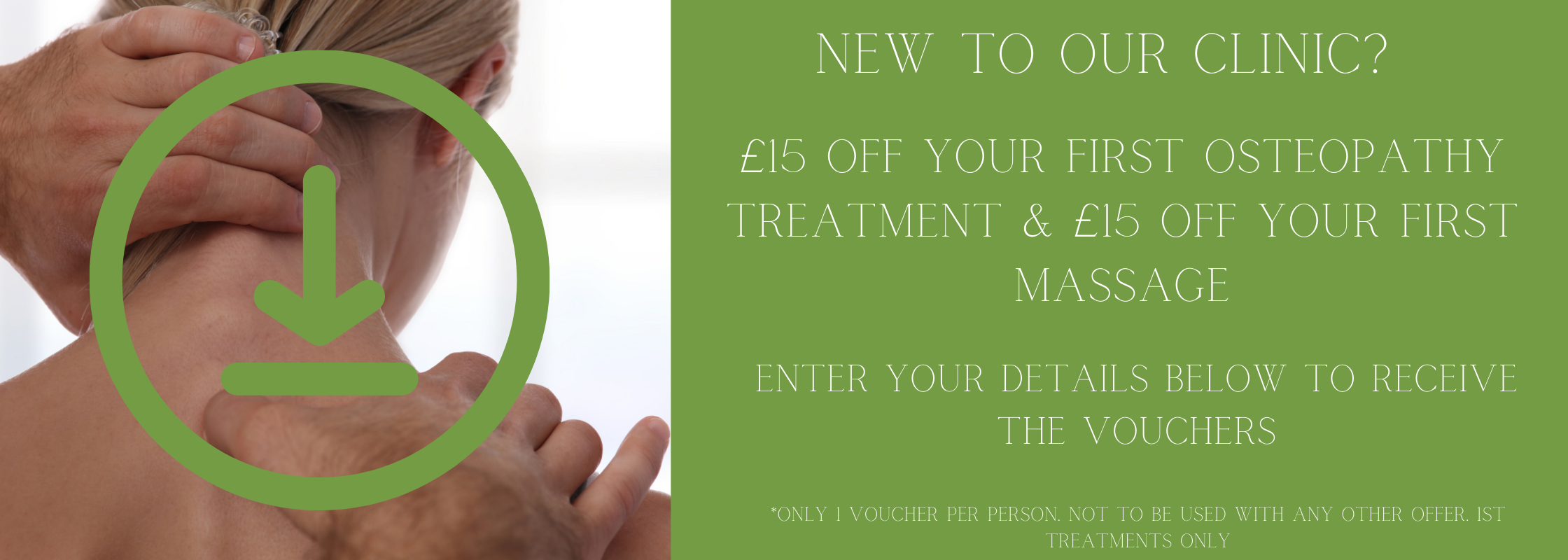In today's fast-paced world, stress has become a prevalent issue that affects our physical and mental well-being. While there are various strategies to manage stress, one often overlooked aspect is maintaining good posture. Which can be helped with regular massage or osteopathy treatments.
Posture refers to the alignment of the body's skeletal structure, muscles, and joints. It not only affects our physical appearance but also plays a crucial role in our overall health. This blog will delve into the science-backed reasons why good posture is essential for reducing stress and promoting a healthier lifestyle.
1. Alignment and Muscle Balance:
Maintaining proper posture ensures the correct alignment of the spine, which supports the body's weight and protects vital organs. When the spine is aligned correctly, it minimizes stress on the muscles, ligaments, and joints. Conversely, poor posture can lead to muscle imbalances, excessive strain on specific muscles, and contribute to discomfort and pain, thereby increasing stress levels.
2. Improved Breathing and Oxygenation:
Good posture enhances lung capacity and improves breathing efficiency. When we slouch or hunch forward, our chest cavity compresses, restricting the diaphragm's movement and reducing the amount of oxygen we take in. This compromised breathing pattern can lead to increased tension and anxiety. Conversely, maintaining an upright posture opens up the chest, allowing for deeper, more efficient breathing. Oxygen-rich blood flow to the brain promotes mental clarity, reduces stress, and enhances overall well-being.
3. Hormonal Balance and Stress Response:
Recent research suggests that posture can influence hormonal balance, including stress-related hormones such as cortisol and testosterone. A study conducted by Harvard University found that individuals who adopted expansive postures (e.g., sitting upright with an open chest) experienced a decrease in cortisol levels and an increase in testosterone levels. These hormonal changes promote a more confident and relaxed state, reducing stress and anxiety.
4. Psychological Impact:
Posture also has a profound psychological impact on our mood and self-perception. Maintaining an upright posture is associated with improved self-esteem, confidence, and positive emotions. Conversely, slouching or adopting a closed body posture can contribute to feelings of depression, helplessness, and low self-esteem. By consciously practicing good posture, we can positively influence our mental state and better manage stress levels.
Conclusion:
Maintaining good posture is not just about looking poised and confident; it significantly impacts our health and well-being, particularly in reducing stress levels. By aligning the spine, improving breathing efficiency, balancing hormones, and enhancing psychological states, good posture becomes a powerful tool for managing stress and fostering a healthier lifestyle. Incorporating posture-improving exercises, having your spine alignment improved with massage and osteopathy, being mindful of our body alignment, and making ergonomic adjustments in our work and living environments can all contribute to reaping the benefits of good posture and enjoying a more balanced and stress-free life.
Summary of Scientific Evidence:
1. Good posture aligns the spine, reducing stress on muscles, ligaments, and joints. (Mayo Clinic)
2. Proper alignment improves lung capacity and breathing efficiency. (Journal of Bodywork and Movement Therapies)
3. Upright posture promotes hormonal balance by reducing cortisol and increasing testosterone levels. (Harvard Business School)
4. Good posture positively affects mood, self-esteem, and emotional well-being. (Psychology of Sport and Exercise)
References: - Mayo Clinic: "Good posture tips" - https://www.mayoclinic.org/healthy-lifestyle/adult-health/in-depth/posture-tips/art-20269950 - Journal of Bodywork and Movement Therapies: "Effects of a posture correction exercise program on lung function, upper extremity symptoms, and respiratory muscle strength in university students with forward head posture" - https://pubmed.ncbi.nlm.nih.gov



